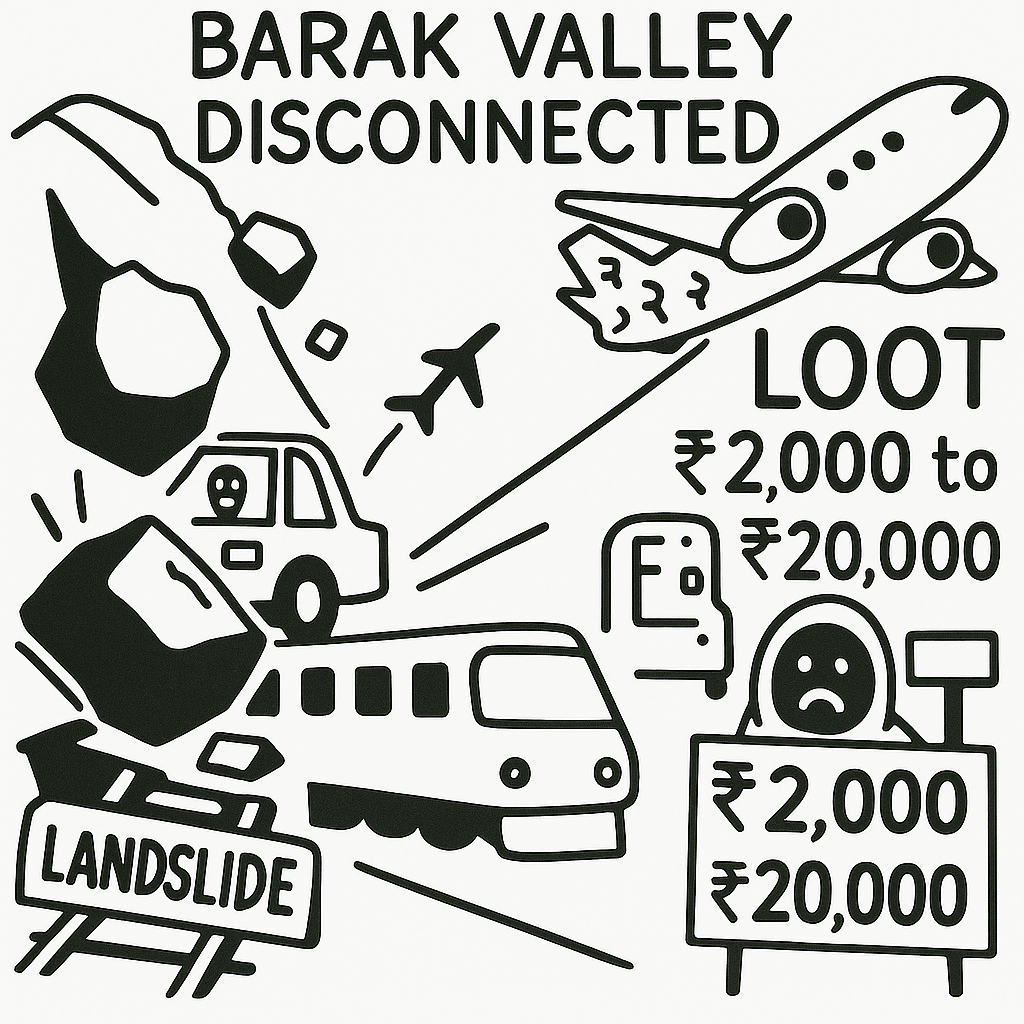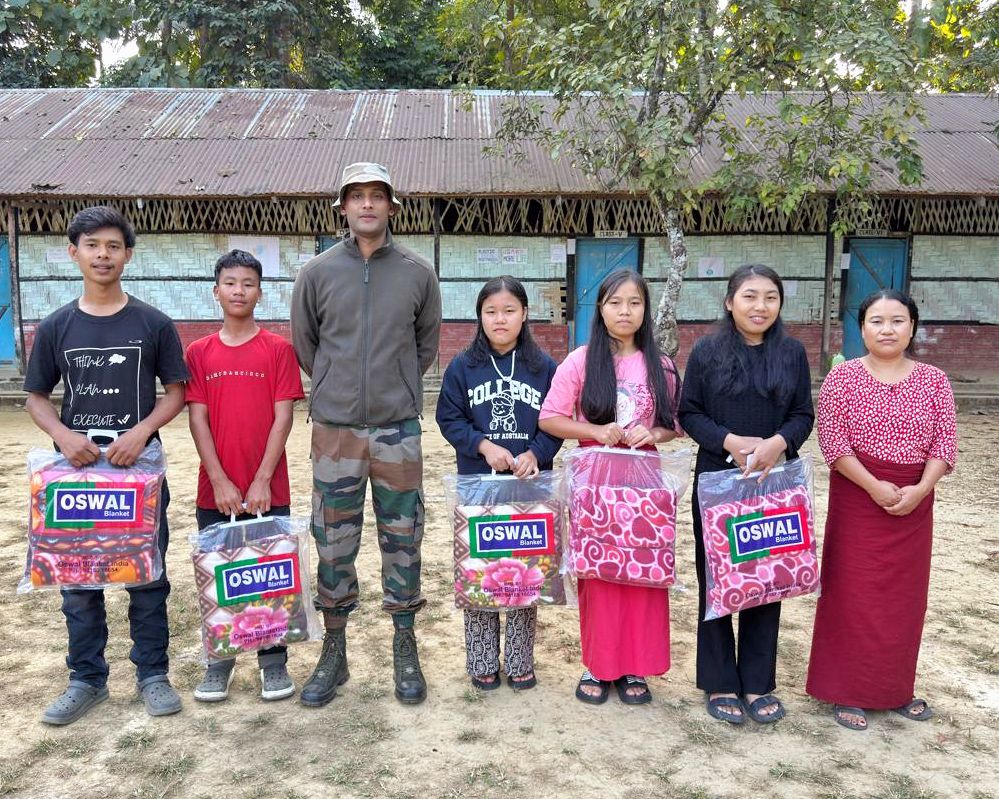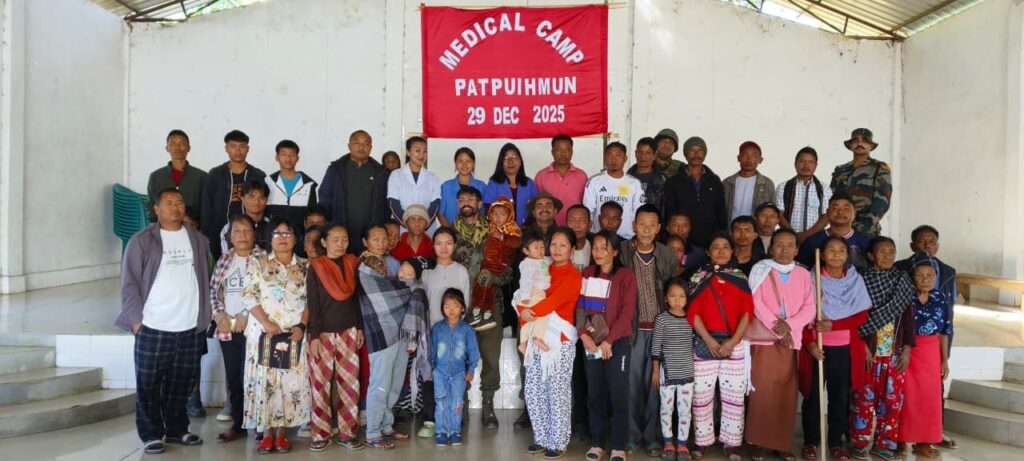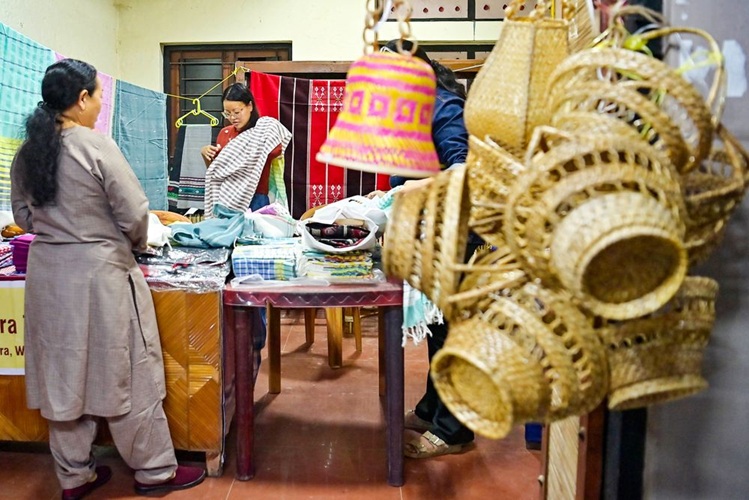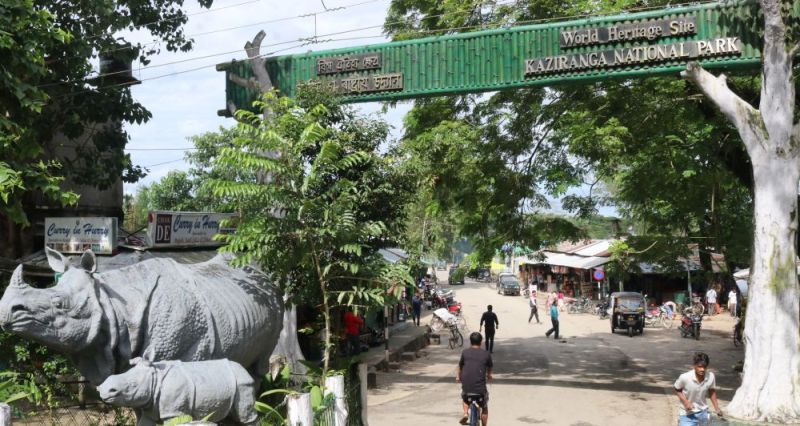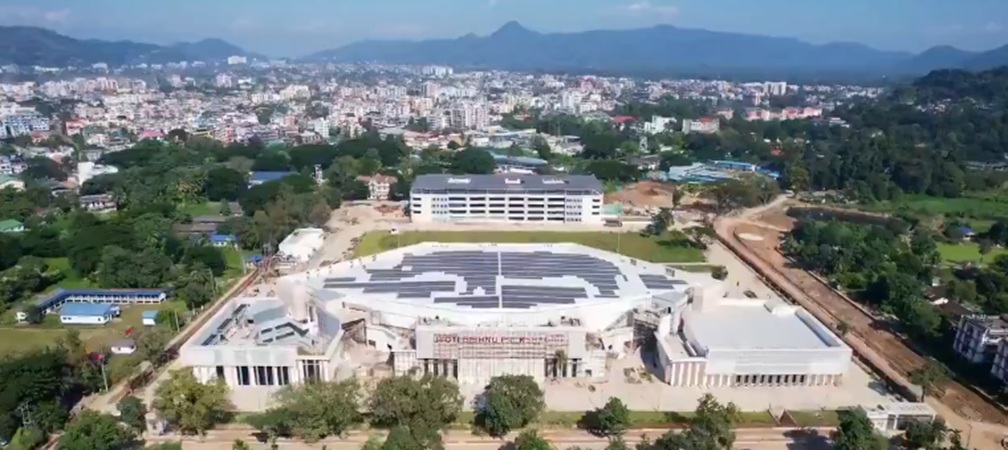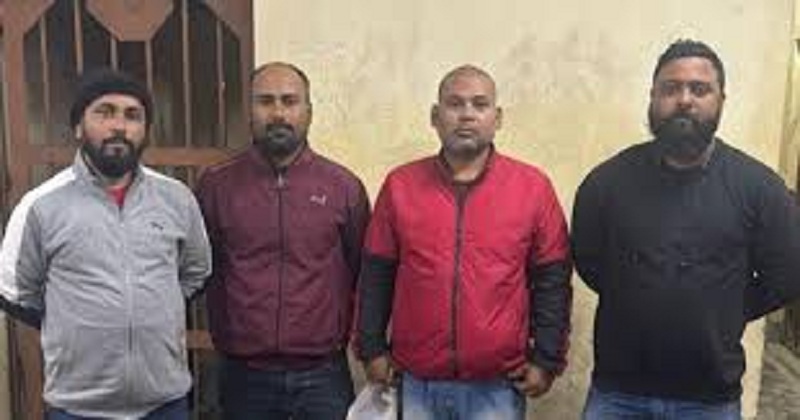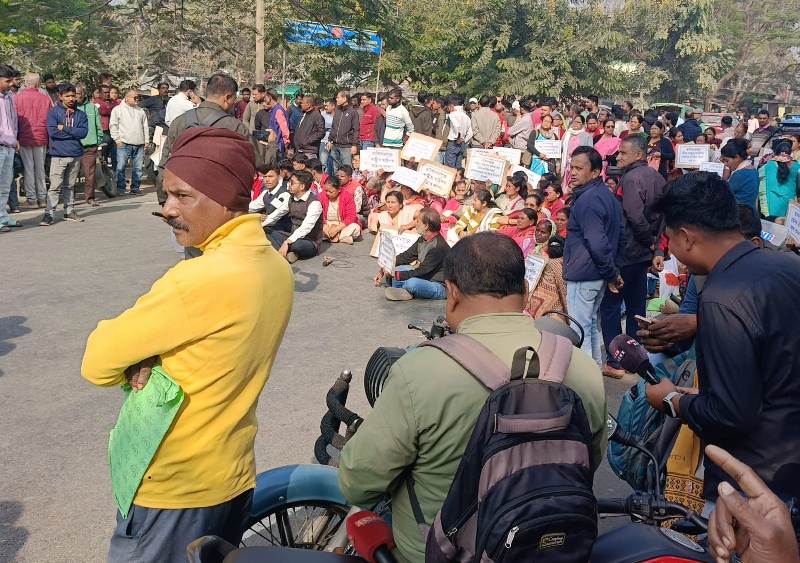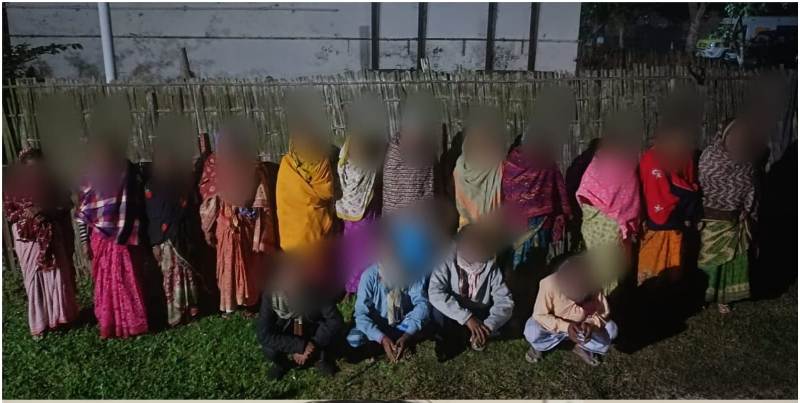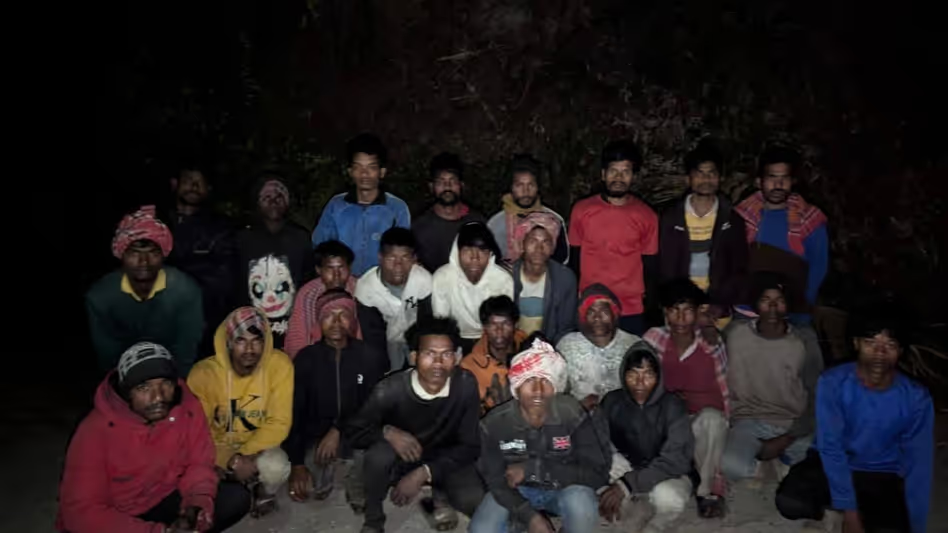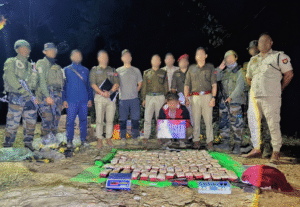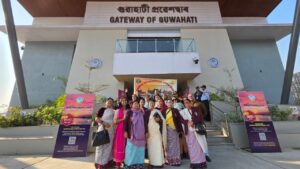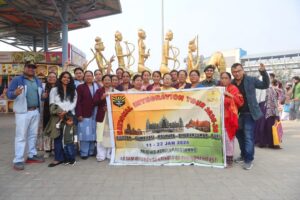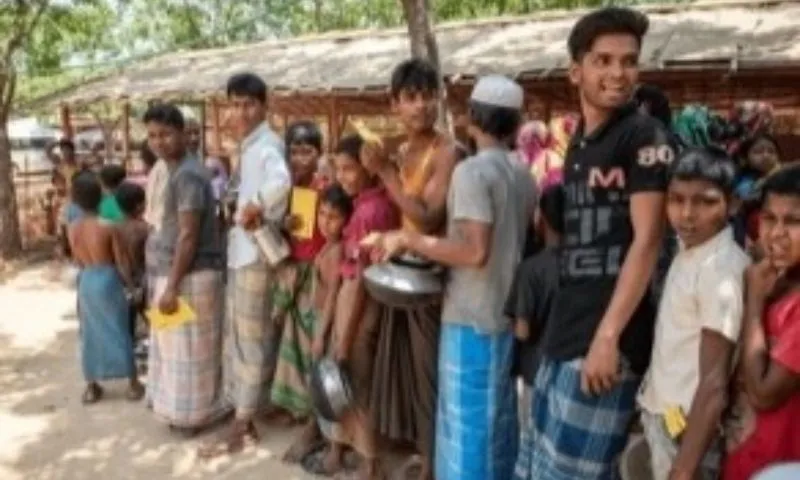
Bangladeshi paranoia persists from the Assam NRC to the streets of Odisha.
B O News Desk : A Bengali hawker from West Bengal was thrashed in Odisha’s Jaleshwar last week after being branded a ‘ Bangladesh’ a label that civil rights groups say has its roots in Assam’s long history of migration politics.
The victim, 36-year-old Tarzan Sheikh of Katwa’s Karjgram, alleged that he was stopped near Lakshmandihi on Sunday.
Questioned in Odia about his identity, Sheikh replied in Bengali and showed his Aadhaar and voter ID. The mob dismissed the documents as fake, assaulted him, fractured his arm, and robbed him of Rs6,000. He later fled to Katwa and lodged a complaint.
Assam has lived with the migration debate for decades. The anti-foreigner agitation (1979–1985) and the Assam Accord gave legal shape to indigenous Assamese fears of being reduced to a minority. The NRC update between 2015 and 2019 again stirred anxieties, leaving nearly 19 lakh people many Bengali speakers excluded.
Eviction drives in recent years, often supported by civil society groups, have highlighted what they call the struggle of khilonjia (indigenous) communities to protect land, culture, and political rights.
“This suspicion did not begin in Odisha,” said a Gauhati University scholar.
“It began in Assam, where the indigenous people’s fear of demographic change is real. But the danger is when this fear turns into blanket suspicion against all Bengali speakers, it travels beyond Assam’s borders, as we see now.”
Indigenous concerns, wider risks
For many Assamese, the issue has always been about survival of their language and land. As they often say in rallies, the fight is to protect ‘Jati, Mati, Bheti’ — community, land, and hearth.
But rights groups warn that what began as a protective struggle is now mutating into a tool of harassment elsewhere. In Odisha, Sheikh’s case shows how quickly “Bangladeshi” can be weaponised, regardless of documents or legal status.
Political flashpoint
The assault came days after Union home minister Amit Shah’s tough statements on infiltration and cleric Arshad Madani’s comments on Bengali-speaking Muslims both sparking national debate.
A Trinamool Congress leader reacted sharply, accusing BJP-backed elements of spreading hate: “In Odisha, a young vendor was beaten just for speaking Bengali. This is bigotry exported from Assam.”
What lies ahead
Katwa police have filed Sheikh’s complaint, but Odisha authorities have yet to confirm FIR action. Legal experts point out that the case involves not just grievous hurt and theft, but also the violation of constitutional rights to free movement and residence.
Story reveals a paradox
The genuine anxieties of indigenous Assamese over identity and land have now been overshadowed by indiscriminate suspicion, making language itself a trigger for violence. Whether governments can protect both indigenous rights and migrant dignity will decide if the ‘Bangladeshi’ tag remains a political slogan or becomes a dangerous, borderless social fault line.

